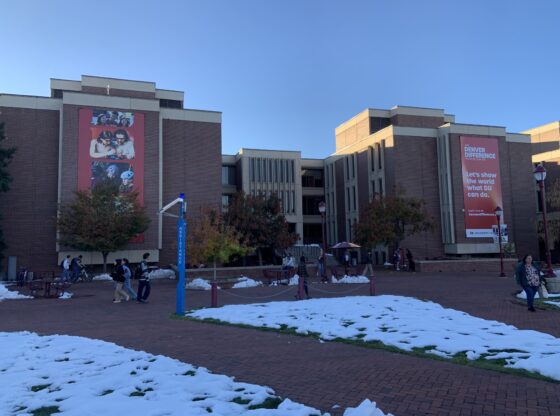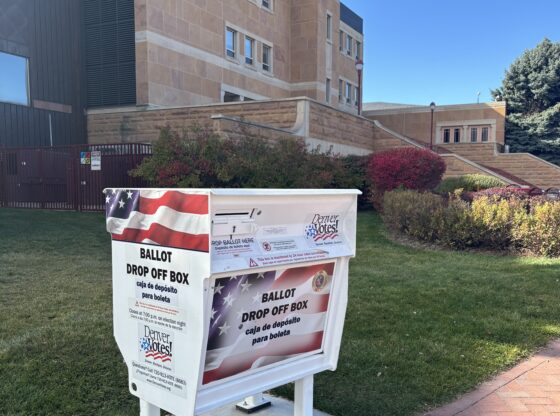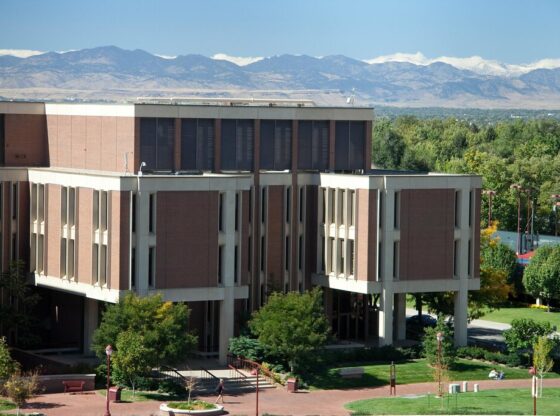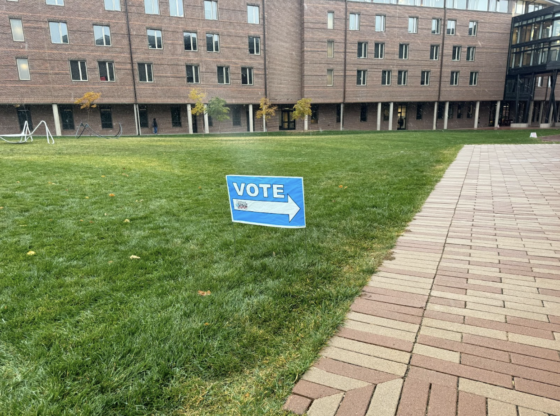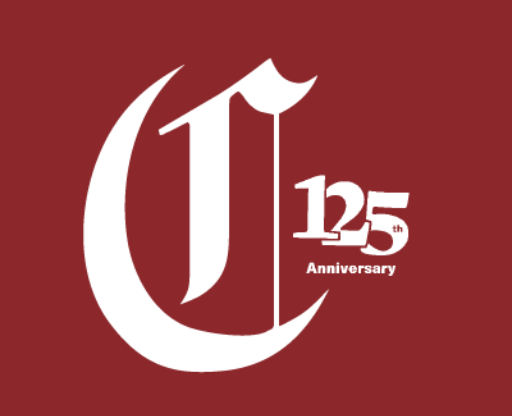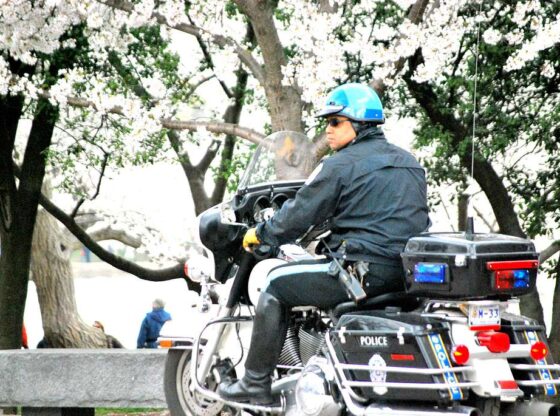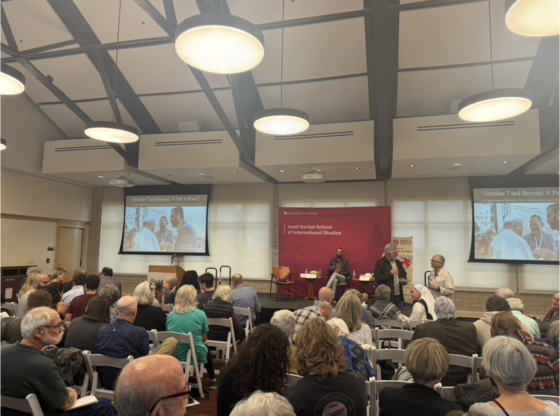Over the next few months, the students living in residence halls will see changes in the card access systems they use to get inside the dorms. Plus, the same system is being implemented on many other buildings on campus in the near future.
The C-Cure 9000 card access security system is an upgrade from the current Blackboard card readers. C-Cure comes with benefits like a proximity card reader and electronic locks, according to Paul Brown, Manager of Electronic Security Systems and Technology.
“Currently, the Campus Safety Center, the University Technology Services building, the Resource Center, Cherrington Hall and Margery Reed Hall are active on C-Cure.” said Brown. “Nagel Hall will be going on-line Feb. 19 – 23 followed by Johnson-McFarlane Hall and Nelson Hall within a few weeks.”
Although the change has presented its challenges, DU staff members seem supportive.
“For security, I think it’s going to be a good thing.” said Greg Grauberger, Head of Advising for the Daniels College of Business. “I tried to get in last week and I guess it wouldn’t take my card, so I had to wait until 7 a.m. to get in.”
Brown explained that during the transition to the new system, special lock-unlock times will be scheduled for the C-Cure doors.
“Some individuals will not have access to a building after hours, while others, such as faculty, staff and Campus Security officers will.” Brown said.
The automatic, electronic locks will be a vast improvement, according to Brown, because in the past, Department of Campus Security (DCS) officers would have to go around to each building and unlock doors manually.
DCS plans to spend $3.5 million and two and a half years on the upgrade, which is expected to be complete in 2017. According to Paul Brown, the new door access system will be worth the investment. Thanks to the electronic locks that come with the system, DCS will be able to lock down every outside door on campus with the push of a single button, a useful function for any situation that may require a lock down.
In anticipation of the transition, the DU card office updated Pioneer cards this year to include a high tech proximity chip that interacts with the C-Cure system and is more secure and harder to duplicate than the magnetic swipe technology used in the current system.
“The new C-Cure system will also interface directly with our camera surveillance system, providing better situational awareness for our dispatch center, resulting in faster response time for our campus safety officers,” Brown said.
Centennial Towers and Centennial Halls will be upgraded to the C-Cure system by the end of April and many other buildings will see C-Cure’s black card scanner and electronic locks before the end of 2015.
Those buildings slated for upgrade in the next year are Sturm Hall, Craig Hall, Ruffatto Hall, Daniels College of Business, North and South Driscoll, the Ricketson Law Building and the Anderson Academic Commons.
C-Cure’s 4 or 5 day installation process leads to a good deal of security benefits for the upgraded building. Most students won’t have to use the system unless they are entering dining halls or residence halls which are locked 24/7.
The system is mostly designed to bulk up after-hours security on campus.


